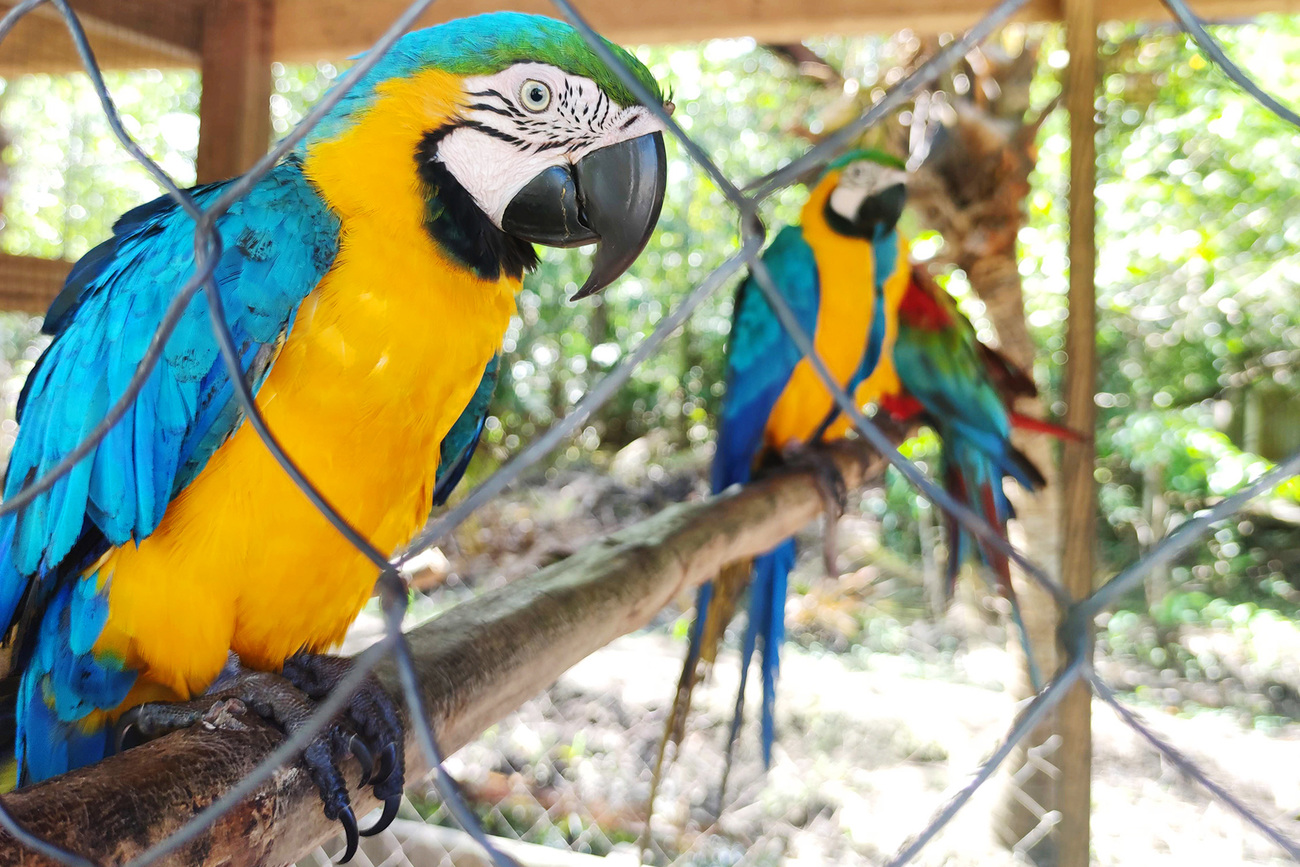Updates
Relief and recovery for animals and people in Myanmar
Read moreQ&A: US government funding pause and IFAW’s work
Last updated on March 19, 2025. Answers may be edited to reflect latest developments.
The Executive Branch of the US government has announced its intention to vastly reduce support for international aid. This announcement affects conservation and wildlife protection efforts around the world, and jeopardizes more than $5 million in planned IFAW work, impacting multiple projects and partner organisations across 13 countries. Without funding, critical programs that combat wildlife trafficking, protect ecosystems, and support community-led conservation efforts are in jeopardy.

Wildlife are the unintended victims of these actions. While IFAW is also funded by private donations, we work closely with US government agencies to implement several high-impact conservation programs. These projects protect wildlife, disrupt criminal networks involved in trafficking, and strengthen local economies. The funding pause halts these essential efforts, endangering species and people who depend on them.
The funding uncertainty has immediate and severe consequences for IFAW projects, including:
Wildlife trafficking and natural resource crimes are highly profitable forms of transnational organised crime; these activities fuel corruption, destabilise localities, destroy ecosystems that provide critical clean water and cropland, and threaten global security.
Criminal networks involved in wildlife trafficking also engage in arms smuggling, drug trade, and human exploitation. By investing in conservation, the US disrupts these criminal operations, strengthens international partnerships, and helps protect wildlife that benefits economies and ecosystems worldwide.
Yes. During his first term, President Trump signed an Executive Order on Transnational Organized Crime, which recognized wildlife trafficking as a threat to public safety and national security. By supporting conservation and anti-trafficking efforts, the US government has played a critical role in disrupting criminal networks that harm wildlife and people. The current funding pause contradicts these earlier commitments and weakens global enforcement against illegal wildlife trade.
Conservation efforts support industries like tourism, outdoor recreation, sustainable forestry, and sustainable agriculture, which generate billions of dollars annually and create jobs. Additionally, healthy ecosystems provide critical resources like clean water and airable land, and critically, they act as buffers against zoonotic disease outbreaks, protecting public health and US agricultural industries. Investing in conservation is not just about protecting wildlife—it’s about securing economic and environmental stability.
The funding freeze doesn’t just impact wildlife—it affects people who rely on conservation efforts for their income and safety. In Kenya, over 13,000 individuals participating in IFAW-led economic empowerment programs will be left without support. In Kasungu National Park, IFAW will not be able to provide training to 12 investigators, prosecutors, and magistrates, making it harder to prosecute wildlife criminals. Additionally, rangers and park personnel supported by IFAW’s work with USAID are in danger of losing their jobs, threatening security in protected areas.
Most importantly, we will not abandon staff, partners, and local groups on the ground. This includes rangers and those who live alongside wildlife—we will continue to support them.
IFAW is urging the Administration to restore critical funding. We are also working with policymakers, conservation partners, and supporters to highlight the critical need for sustained investment in wildlife protection and rescue efforts.
Supporters can take action by:
You can visit IFAW’s website for the latest updates on our conservation efforts and how we are responding to the funding pause.
Read more about what the funding pause means for wildlife and how USAID affects national parks and conservation.
Our work can’t get done without you. Please give what you can to help animals thrive.
Unfortunately, the browser you use is outdated and does not allow you to display the site correctly. Please install any of the modern browsers, for example:
Google Chrome Firefox Safari